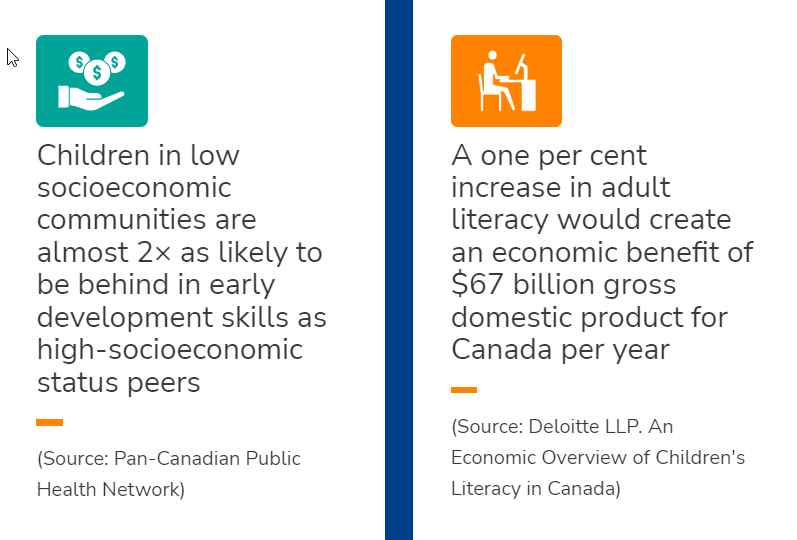Youth Sport As A Platform To Improve Literacy.
2 former D1/NFL athletes make literacy a priority and influence thousands.
While much of the focus in today’s youth sport is on earning scholarships, other goals are more inclusive and worthy. Literacy is one of them.

Literacy rates continue to plummet with a devastating impact. The statistics are mind boggling.
Langston Moore and Preston Thorne are former D1/NFL athletes from South Carolina who have used their platform to teach the importance of literacy skills to thousands in South Carolina and surrounding area.
Athletes & Artists is a 6 year-old company, with Thorne and Moore having published 3 children’s books and one over 600 school presentations.
Their message is simple:
“In life, the toughest sport of all, #weallgopro with literacy. Mastering the fundamentals of communication and critical thinking unlocks our world’s resources. This is what we coach; it’s the indisputable win.” Athletes & Artists.
Literacy allows us to separate fact from fiction, share critical information, and make informed decisions. It is at the root of resilience.
As families with young children living through this unprecedented time, we want to raise resilient children. We want to raise readers. Strong readers are better equipped to ask questions, understand other points of view, and think critically.
Are those not part of the objectives in youth sport? Developing resilient young people?
When I think of university and college athletes, elite community teams in baseball, football, hockey and basketball wanting to make a connection…this is a topic and platform that can make a difference. The messenger makes a difference as with the Langston and Moore mission.
Ability in reading, writing and speaking expands creativity, career options, self esteem and confidence over a lifetime.
Books are an easy way to access the world, especially for individuals that come from little.
Perhaps most importantly, focusing on literacy and the doors it can open takes the focus away from all eggs in the small sports basket that will work out for so few.
· Adult Literacy in Canada 48% of adult Canadians have literacy skills that fall below a high school level, which negatively affects their ability to function at work and in their personal lives.
· People with lower literacy skills are more likely to be unemployed than those who scored higher (Skills in Canada: First Results from the Programme for the International Assessment of Adult Competencies (PIAAC) – Statistics Canada, 2013).
Coaches & Literacy. Excelling at the fundamentals should be the standard.
Strong literacy skills start with powerful role modelling. How coaches speak and write influences those they lead. Written notes to inform parents, players via email or text is a simple way to pay attention to language and context. Verbal communication to young players seems to be a lost art in many respects, with memorable coaches standing out in this skill. Communication on role on the team, playing time and fundamentals of skill teaching all contribute to providing a positive experience as a coach.
Parents and literacy.
Having books at home, referencing books that connect with our youth interests is a strong role modelling signal. Reading about their favorite athletes and their stories is a great way to develop literacy in areas in which they have a connection.
By tapping into everyday opportunities to engage our youth at home and the playing field, we can start to build a literacy skillset.
Teams, as I had the good fortune of being on growing up, with multiple languages also assist in building confidence through literacy. Different languages, respect for other cultures all fall under the broad umbrella of literacy skill building.
Every time we talk, tell stories, or reference a book, you’re helping young people become a reader, which will build resilience, expand their learning, and deliver benefits for them throughout their life.
Raising resilient readers:
https://www.theglobeandmail.com/canada/article-raising-resilient-readers/







